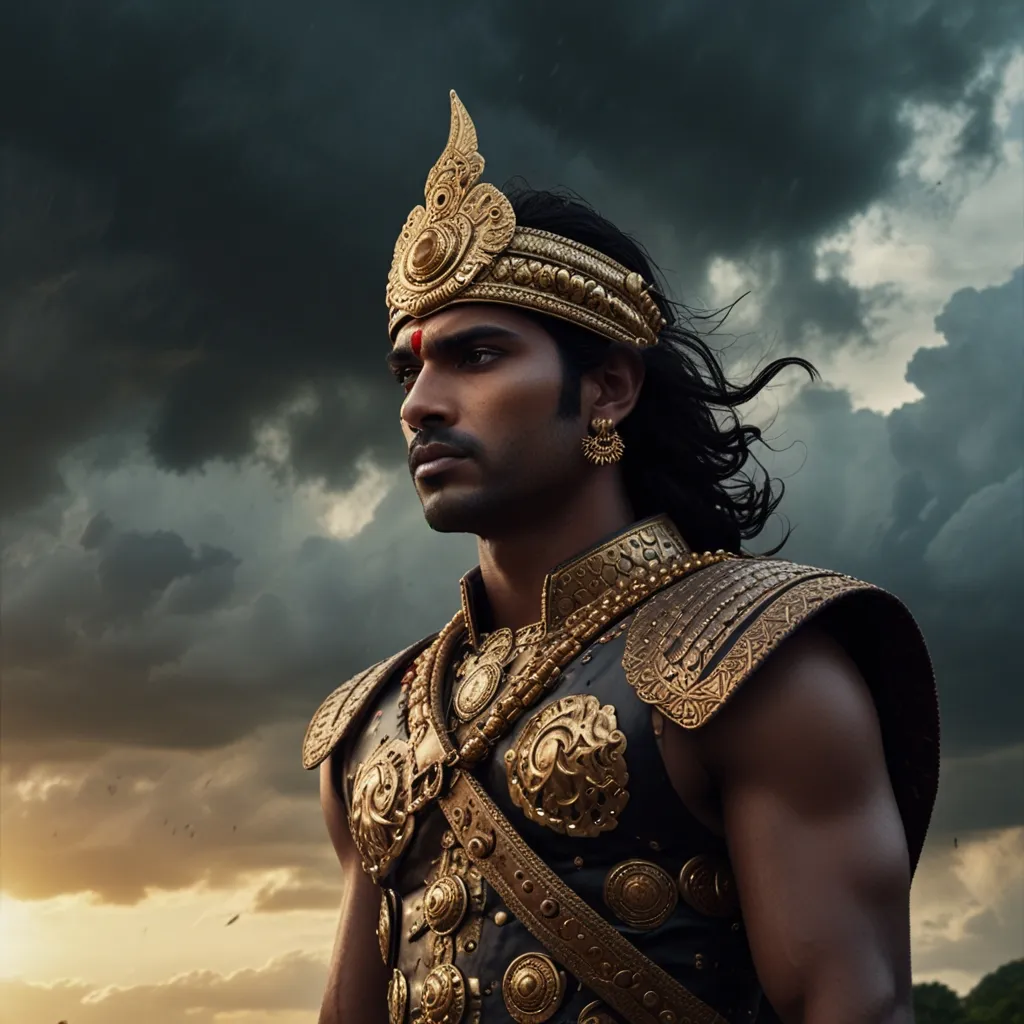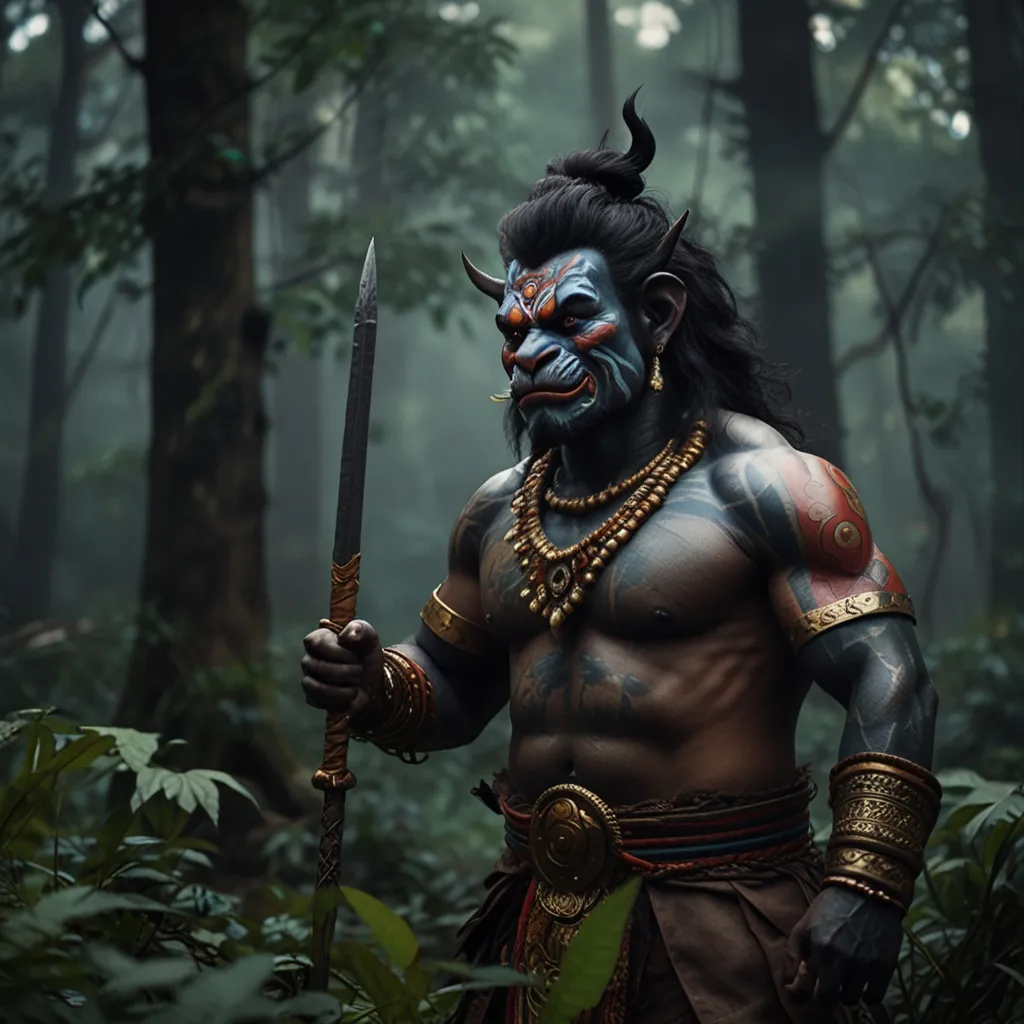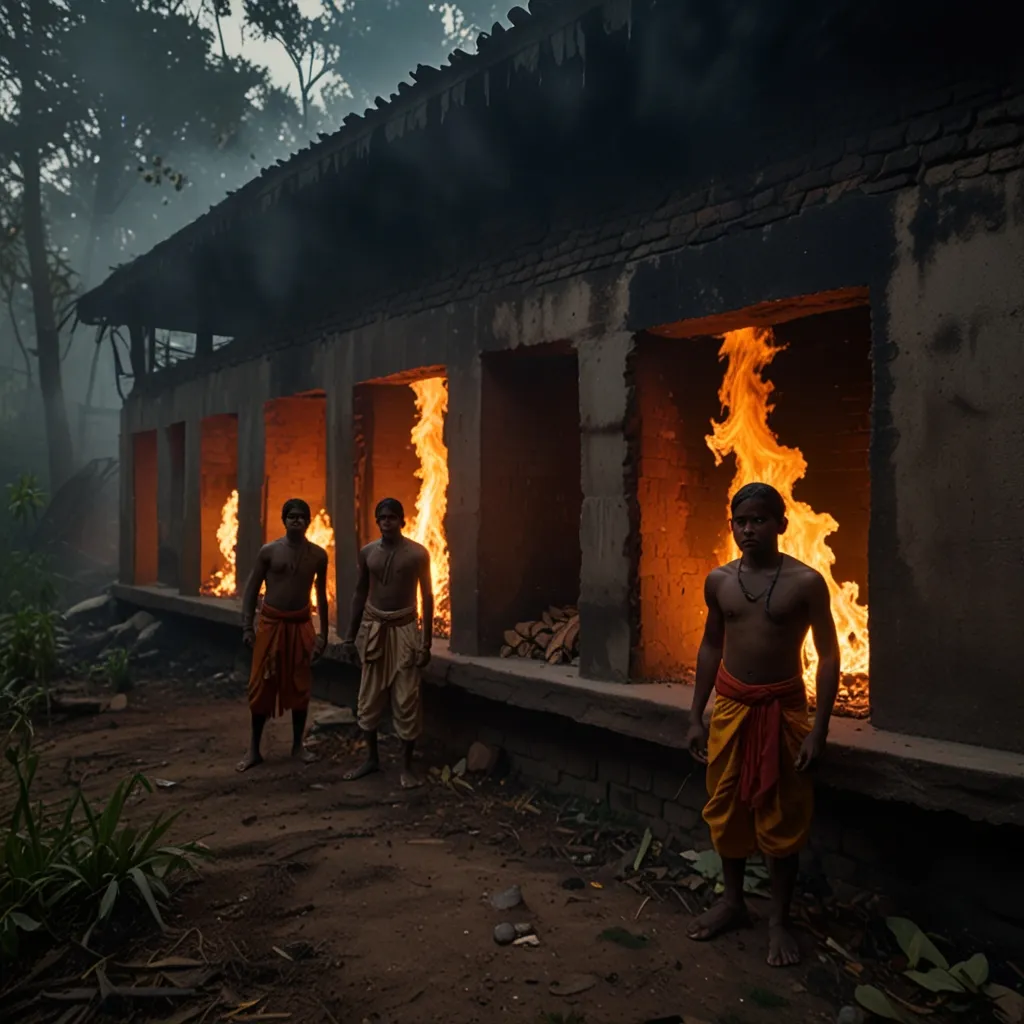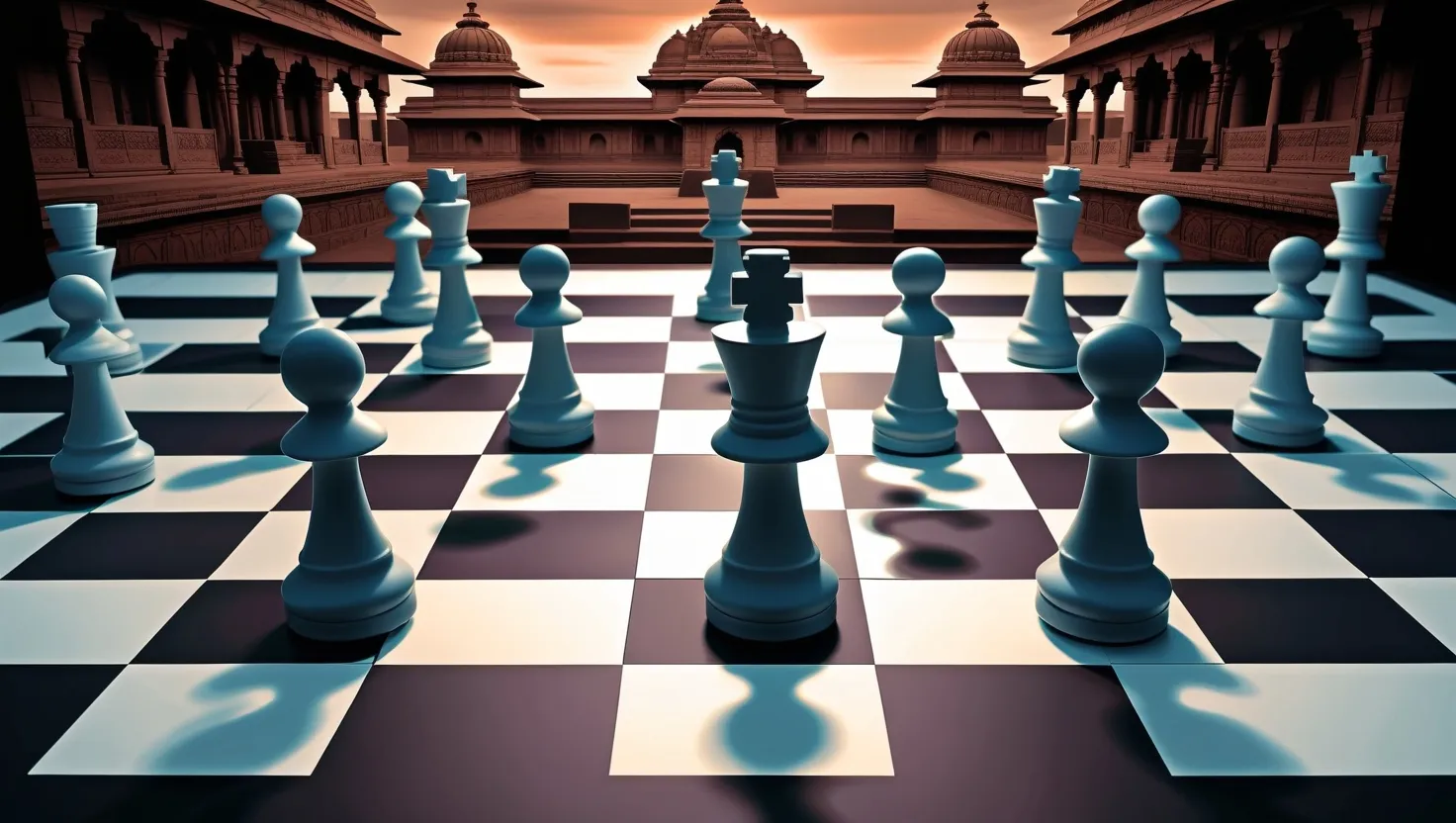In the epic saga of the Mahabharata, one character who stands out for his complex nature and memorable actions is Dushasana, the second son of Dhritarashtra. His journey, marked by fierce loyalty and brutal cruelty, is a fascinating tale of human emotions and the inevitable consequences of one’s choices. Let’s dive into the whirlwind life of Dushasana, a prince whose path was etched with both devotion and destruction.
Dushasana’s birth was quite the spectacle. His mother, Gandhari, was pregnant for an unusually lengthy period. This unusual delay frustrated her, especially because Kunti, the wife of Pandu, had just given birth to Yudhishthira. In a moment of seething anger, Gandhari struck her womb, and out came a hardened mass of greyish flesh. Gandhari, devastated by this occurrence, sought help from the wise sage Vyasa, who had prophesied that she would bear one hundred sons.
Vyasa didn’t disappoint. He divided the mass of flesh into a hundred pieces, no larger than a thumb each, and placed them into pots of milk. These pots were then sealed and buried for two years. When the time was ripe, the first pot was opened, and Duryodhana emerged. Dushasana came next, born from the second pot, signaling the arrival of Dhritarashtra’s formidable offspring.
The name Dushasana itself, taken from Sanskrit, hints at his destiny. It translates to “hard to rule,” and surely enough, he quickly grew to embody this prophecy. From the very beginning, Dushasana was deeply attached to his elder brother, Duryodhana. Their bond was more than just brotherly—they were comrades in numerous schemes and plots, most of which were geared towards eliminating their cousins, the Pandavas.
One of the darkest chapters in Dushasana’s story is the infamous Draupadi humiliation incident. Yudhishthira, the eldest Pandava, lost everything in a dice game, including his kingdom and his wife, Draupadi. Under Duryodhana’s orders, Dushasana forcibly dragged Draupadi into the court and attempted to strip her of her dignity. This vile act was a monumental turning point in the Mahabharata, igniting the Pandavas’ intense desire for revenge.
The animosity between the Kauravas and the Pandavas ultimately erupted into the Kurukshetra War, where Dushasana played a crucial role. He was a fierce warrior but known equally for his ruthless actions. His part in the savage killing of Abhimanyu, Arjuna’s son, was one such atrocity. Later, Dushasana attempted to thwart Arjuna from reaching Jayadratha, only to be bested by Arjuna in a brief archery duel.
However, the most unforgettable battle involving Dushasana was with Bhima, the Pandavas’ second brother. Bhima had sworn to avenge Draupadi’s dishonor, and his clash with Dushasana was nothing short of gruesome. Fueled by vengeance, Bhima fought with a mace and, despite Dushasana’s valiant efforts, overpowered him. Bhima then tore out Dushasana’s arms and ripped open his chest with his bare hands. To fulfill his dreadful oath, Bhima drank the blood from Dushasana’s open chest—a sight so ghastly that it left everyone around in utter shock.
Dushasana’s demise was a grim reflection of the cyclical nature of violence and revenge that runs through the Mahabharata. His life, dominated by unwavering loyalty to his brother and relentless cruelty toward his foes, concluded in a manner that was both horrifying and fitting. His narrative is a stark reminder of the repercussions of one’s actions and the potent mix of loyalty and vengeance.
In essence, Dushasana’s life was a whirlwind of intense loyalty, merciless cruelty, and a tragic end. The Mahabharata, through characters like Dushasana, offers profound lessons about human nature, emphasizing the need for ethical conduct and the far-reaching impacts of our actions.






